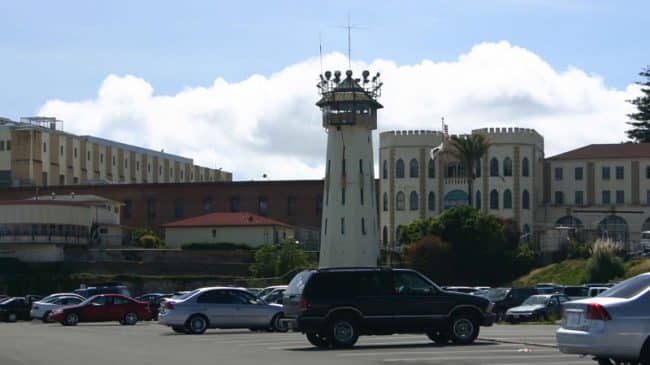Voter Guide: 2016 California Ballot Initiatives
**Note** This measure is directly related to Proposition 66. If both are approved by a majority of voters, the one that receives the most “yes” votes will invalidate the other measure and be placed into law.
This measure repeals the death penalty and makes the maximum punishment “life without the possibility of parole.” It retroactively applies to death row inmates. It requires persons sentenced to life without parole for murder to work while incarcerated and diverts a greater percentage of their wages to victim restitution.
Fiscal Impact:
Net ongoing reduction in state and county costs related to murder trials, legal challenges to death sentences, and prisons of around $150 million annually within a few years. This estimate could be higher or lower by tens of millions of dollars, depending on various factors.
Proponents’ Arguments for:
Proponents of Prop 62 argue that the death penalty system has failed in California. The state has not executed anyone in 10 years due to problems with the system, the same problems that have plagued the system for 40 years and defied multiple attempts to fix it. It is time to admit it just doesn’t work.
They argue that the justice system does make mistakes and the death penalty means a real risk of killing an innocent person. New technology and DNA testing have proven more than 150 people on death row nationwide innocent of the crimes for which they were sentenced to die. In California 66 people convicted of murder have been exonerated due to new evidence or methods showing they were innocent. Executing an innocent person is a mistake that can never be undone.
Surprisingly, it costs the state much more for each inmate sentenced to death than it does for one sentenced to life without parole. This is due to the extensive appeals process necessary in capital sentences. Since 1978 California has executed 13 inmates at a cost of over $5 billion—$384 million per execution. The state’s independent Legislative Analyst confirmed Prop 62 will save $150 million per year. Resources can be better spent on education, public safety, and crime prevention that actually works.
Replacing the death penalty with a life sentence without parole ensures those convicted of the worst crimes will never be released and will do their time in regular prisons rather than expensive private death row cells. As well, Prop 62 requires these inmates to work while in prison, increasing restitution to their victims’ families.
Opponents’ Arguments Against:
Opponents of Prop 62 say that the worst murderers need to be put to death and not allowed to live out their lives, even in prison. The death penalty is not given to all murderers, only the worst—child killers, torturers, and cop killers.
They admit that California’s death penalty system is broken but say we need to mend it, not end it. They say the justice system does not make mistakes with death penalty cases and there are no innocent inmates on California’s death row.
They reject the argument that death sentence inmates wind up costing more than those serving life sentences and say taxpayers should not pay to feed, clothe, house, guard, and provide health care to brutal killers until they die of old age. They reject the Legislative Analyst’s analysis that there will be cost savings from Prop 62 and argue that instead it will cost the state over $100 million.
Discussion:
Both sides admit California’s death penalty system does not work. Very few people are sentenced to death in California, and those who are spend an average of 20 years on death row. In the last two decades, on average one person has been executed in California every 1.5 years. And the costs of holding death row inmates in special conditions all those years, with continuous legal counsel and so on, is substantially higher than keeping them in prison for life.
There is simply no good empirical evidence that the threat of a death penalty deters crime. The kind of people who do the extra heinous murders that lead to death sentences simply are not responding to incentives like the threat of a chance of being executed at some time in the future.
And the cost issue is not trivial. The Legislative Analyst’s Office is very good at fiscal impact analysis, and it estimates the cost savings at around $150 million a year if Prop 62 switches California from the death penalty to life without parole. The costs to keep a death row inmate in prison have been rising rapidly. One of the fastest growing segments of the state budget has been prisons. The death penalty is part of that cost, providing little societal benefit for our spending and creating a less just, not more just, system in the process.
The large number of death row inmates exonerated thanks to new technology and DNA testing makes it very unlikely that there are no innocent people on death row in California or won’t be in the future. The justice system is not perfect—no system can be. With a life sentence, there is at least a chance that a mistake can eventually be discovered and rectified. With the death sentence, once executed, the innocent are forever dead. If the justice system is in fact about justice and not vengeance, there can be no greater injustice than the state killing an innocent person. It is not reasonable to argue that life in prison without parole is not justice.In contrast, life in prison without parole is justice, and protects society without the risk of killing an innocent person.

